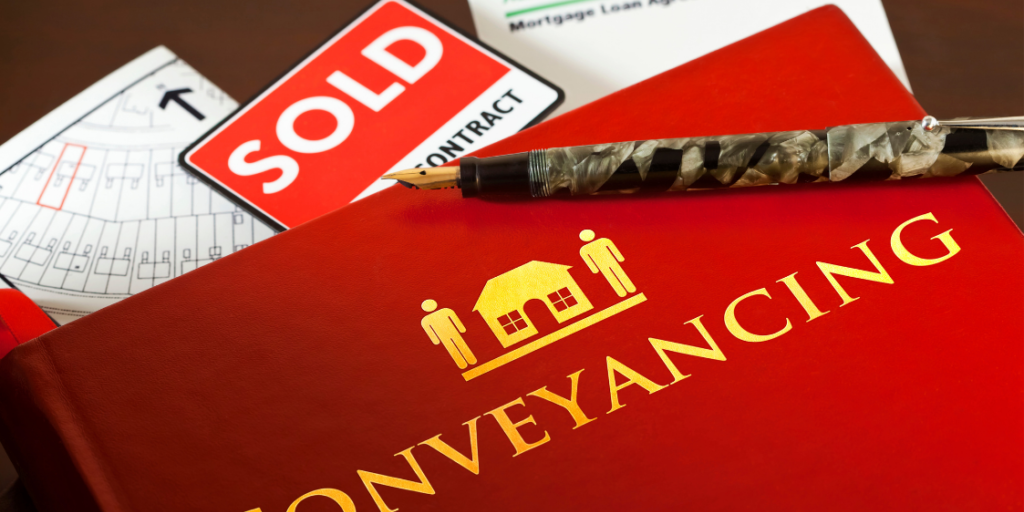Buying a home is a very exciting time in a person’s life, which can be sullied by the overwhelming amount of admin and organisation needed. One element of this is the conveyancing process, a word and process many would never have come across before buying a home. But what exactly is conveyancing?
Read on for a straightforward guide to conveyancing from the team at Richards & Lewis.
What Is Conveyancing?
Conveyancing is the legal transfer of property from one owner to another. It involves a lot of legal work, including the exchange of contracts, administrative checks and transaction of funds. If you are obtaining a mortgage for your new house, a conveyancing solicitor acts on behalf of the buyer and the lender to reach an agreement easily.
The first step is to instruct a solicitor to assist you through the conveyancing process. They will receive a contract and copies of the legal titles, allowing them to examine them and raise enquiries to clarify any points. Once everything is in order searches will be carried out to check there are no issues with the property.
Next, they’ll assist in securing your mortgage and then will prepare all contracts that need to be signed. Once everything has been dealt with, they will help all parties agree on a mutually convenient completion date and exchange the contracts.
Following completion, your conveyancer can help deal with the registration of your ownership and deal with the payment of Stamp Duty Land Tax. The whole process usually takes between 2-3 months to complete, depending on the amount of work that needs to be put into the specific property.
You can speed up the process by complying quickly with any requests your solicitor makes of you, such as identification, evidence of funds and documents, signing documents properly and dealing with your lender’s special conditions promptly.
The price of conveyancing usually varies, you’ll need to take into account the conveyancer’s legal fee plus VAT. The price of this will depend on the price of the property and whether the property is freehold or leasehold. There are also other fees to consider such as payments to third parties, disbursements, searches, land registration fees and more.
You’ll often be asked to make a deposit before the process begins, then pay the rest upon completion.
Richards & Lewis
If you need a skilled solicitor who is a specialist in conveyancing and residential law, get in touch with the highly-qualified experts at Richards & Lewis. We can help take the stress out of moving by providing our legal aid to you, keeping your best interests in mind as we help with the extensive contracts involved.
Get advice from one of our residential property and house solicitors by calling now on 01495 350 018 to talk through your options with one of our qualified solicitors. If you’d like to find out more about the full range of legal services we have on offer, visit our website now.







